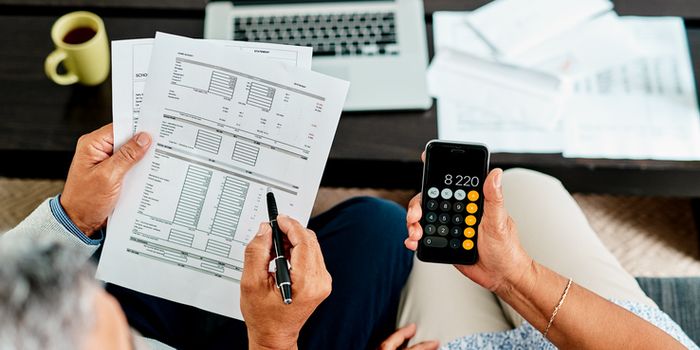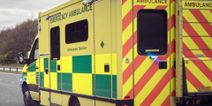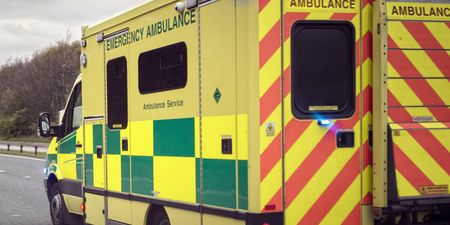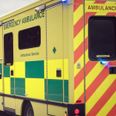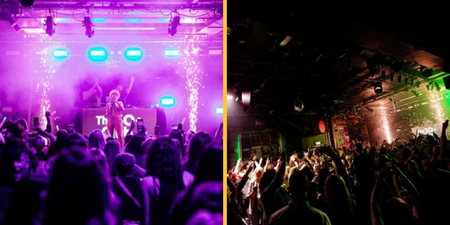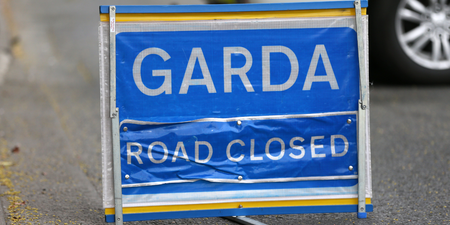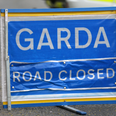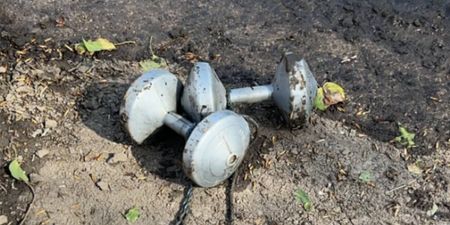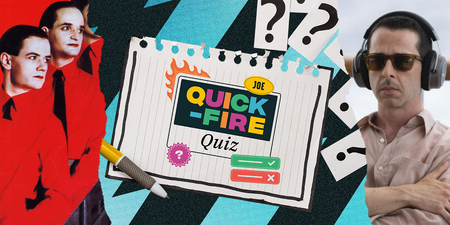Despite the impact of Covid-19 on the economy, three in 10 taxpayers in Ireland believe their finances will be in better shape than expected.
A slightly lower figure (26%) believe that their household will be in a worse-off position, with 44% of taxpayers reckoning that, by and large, their financial position will remain the same.
The figures have been revealed following a recent survey of over 2,000 taxpayers by Taxback.com, who cited restrictions on socialising, financial supports from government and loan repayment breaks from lenders as the reasons why many people feel their finances will remain the same or that they might have even saved more money than had been expected.
“Restrictions around travel and socialising this year, while they have been tough, have also meant that household expenditure has been significantly reduced,” said Marian Ryan, Consumer Tax Manager with Taxback.com.
“This, coupled with recent financial supports from the government and loan repayment breaks from lenders, have led to a situation where some households, certainly not all, might find themselves with a little more money in the bank. This is positive of course, and I suppose the hope is that those who do find themselves in an ok financial position might be happy to spend it in the local economy to get those businesses that are currently on their knees back up and running.”
Taxback.com were keen to point out, however, that there are plenty of households struggling to varying degrees with the impact of Covid-19 and that there is concern for some that the financial impact has not been felt yet, as well as for what the future might hold.
Following the announcement of the recent July jobs stimulus, meanwhile, Taxback.com sought to remind taxpayers of the new and pre-existing tax relief measures available through the following six-point checklist:
- Stay and Spend: 20% tax relief per person up to €625 – value of €125 per individual or €250 per jointly assessed couple. This applies from October and can include meals in local restaurants.
- Help-to-Buy Scheme: Increased income tax relief for the Help-to-Buy Scheme – €30,000 (up from €20,000), or 10% (up from 5%) of the purchase price. Buyers can now max out on this grant on €300,000 homes, rather than the previous amount of €400,000.
- Cycle to Work Scheme: Increased from €1,000 to €1,250 (€1,500 for electric bikes). Taxpayers may now avail of the exemption once in any four-year period (previously a five-year period), so those who bought a new bike in 2016 or before can upgrade again now.
- Medical Expense Relief: Approximately four in 10 Irish people claim tax relief on the cost of their medical expenses. If you have paid for eligible health expenses you will be entitled to claim relief at your standard rate of tax, 20%. An exception is applied in relation to nursing home expenses, where the relief given can be up to 40%.
- Flat Rate Expense Relief: Tax relief for PAYE workers in specific trades and professions, whereby a person can reduce the amount of taxable income they have each year on the cost of certain expenses. The amount that can be claimed depends on the job because the rates are set by Revenue each year for various classes of employee. A full list of jobs and associated reliefs can be found online at revenue.ie. Workers should note, however, that flat rate expenses are not automatically deducted from pay, so you have to be proactive and claim them yourself.
- EWorker relief: If a person works from home, they can apply for some tax relief on the cost of utilities and other expenditures that might be incurred over their working year. More information on EWorker relief is available here.
LISTEN: You Must Be Jokin’ with Aideen McQueen – Faith healers, Coolock craic and Gigging as Gaeilge
